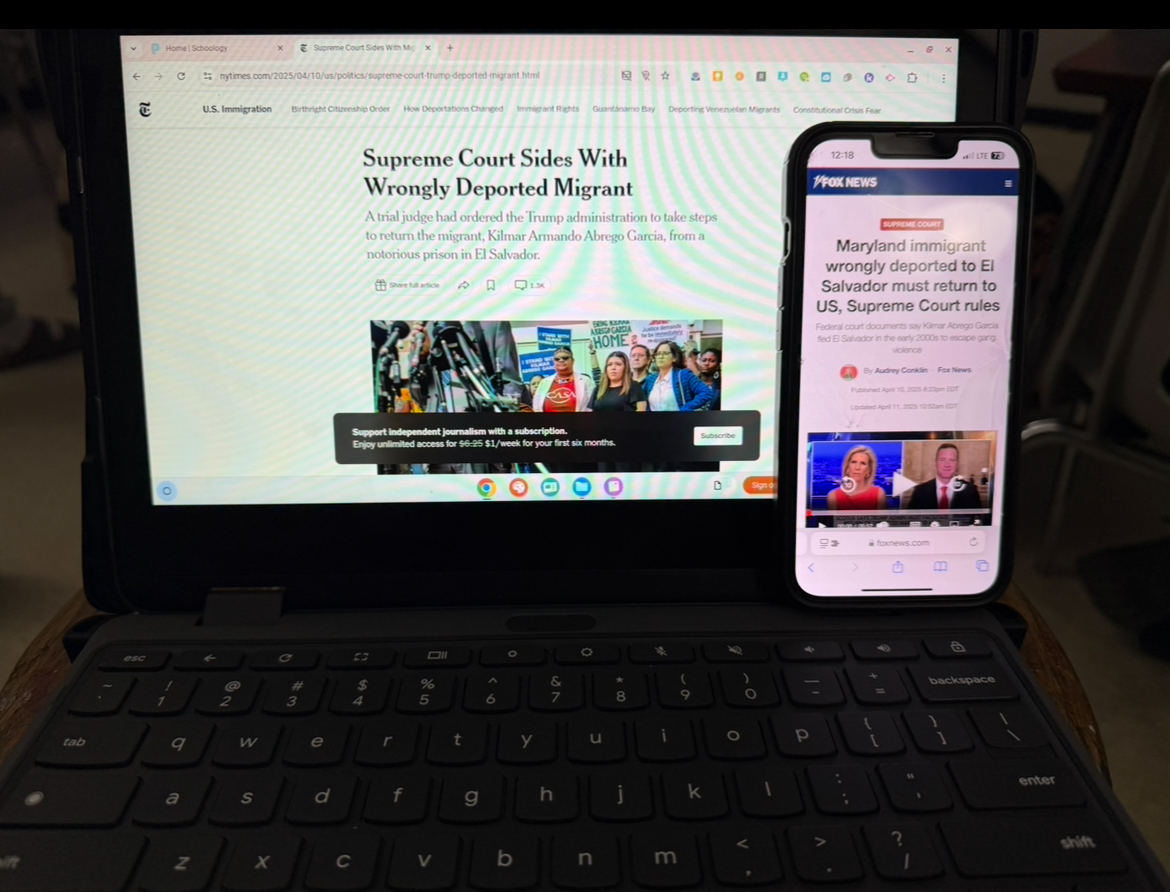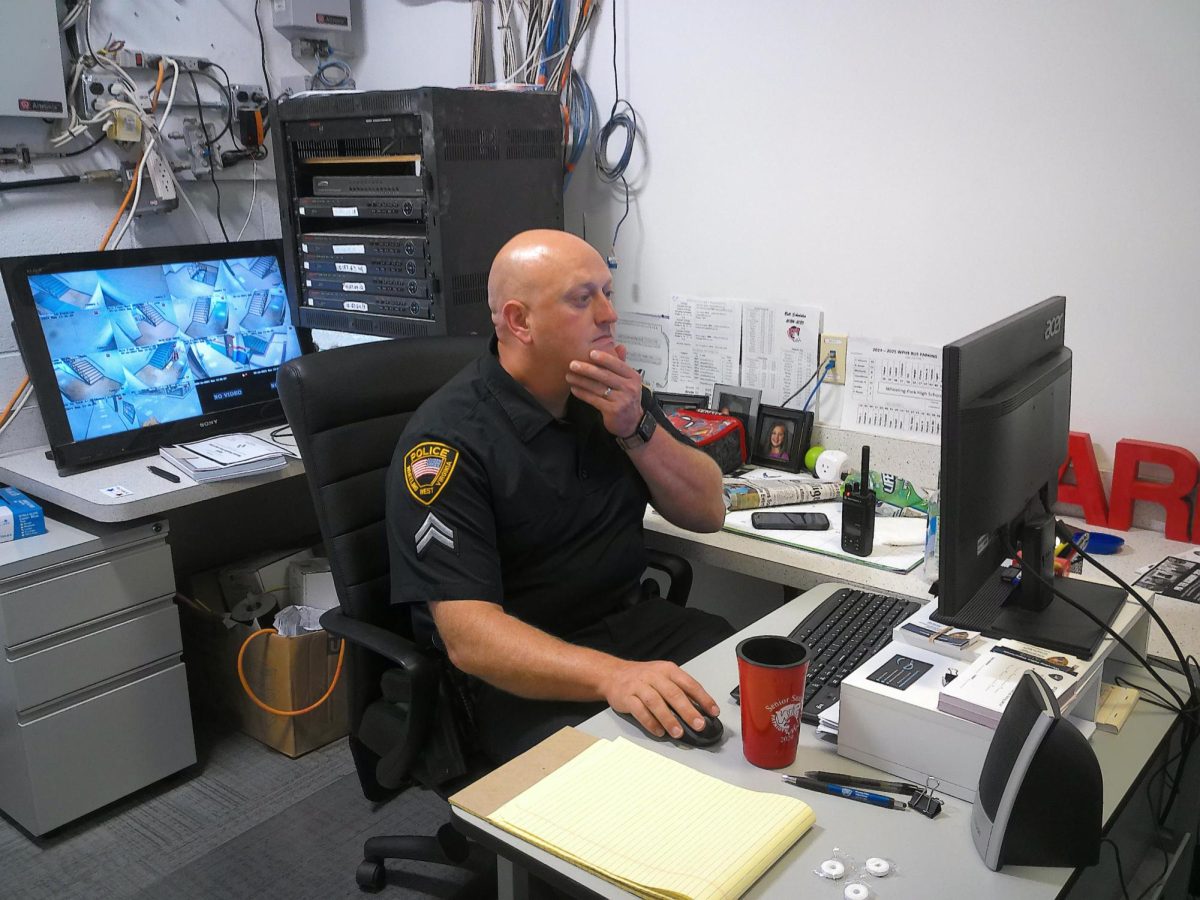Vaping among high school students has been a growing concern across the country, and Wheeling Park High School is no exception. With school officials, law enforcement, and addiction specialists working together, efforts to tackle the issue are growing, though challenges still remain.
Officer Wilson, a member of the school’s law enforcement, spoke openly about the dangers of vaping. “From a law enforcement standpoint, obviously, we don’t want vaping in the school. It’s illegal, and it’s harmful. With vaping, you don’t really know what’s going into your body. You could die at your age from it, unlike smoking where the risks may take longer to manifest,” said Wilson.
He emphasized the importance of awareness, noting that counselors and community workers are available to help students address nicotine addiction.
The school’s efforts to curb the vaping epidemic have shown signs of improvement, according to Mr. Skrypek, one of our newest assistant principals here at Wheeling Park. However, he believes that more focus is needed on the mental health aspects of addiction.
“We just hired a new Communities in Schools liaison, Mr. Besece, who has a background in substance addiction. Vaping is incredibly harmful—it’s chemicals being put into the body, and the industry is targeting kids to get them hooked, much like how cigarettes were marketed in the past,” said Mr. Skrypek.
Mr. Besece, the newly appointed liaison, shed light on the behavioral signs of addiction.
“Students dealing with vaping addiction become irritable, antsy, and may try to leave class frequently. When they do get access to it, they come back in a different mood,” said Mr. Besece.
He also addressed a common misconception among students that addiction is a choice. “At first, it might be a choice, but eventually, the addiction takes control. Recognizing that and seeking help is crucial, especially at a young age.”
Besece further explained the connection between addiction and mental health, highlighting the challenges that come with addressing both simultaneously.
“Addiction is not just physical—there are often underlying mental health issues at play. It’s tough to manage both, but that’s exactly what we’re here for,” Besece added. He urged students to take advantage of the resources available both within and outside the school community to overcome addiction before it spirals out of control.
As vaping continues to pose a threat to students’ health and well-being, the collaborative efforts of educators, law enforcement, and addiction specialists at Wheeling Park High School remain focused on early intervention and support. With resources in place, the hope is that students will be able to overcome the physical and mental challenges associated with nicotine addiction and lead healthier lives.
It’s time to choose to put the vapes down—our future selves will thank us.

























